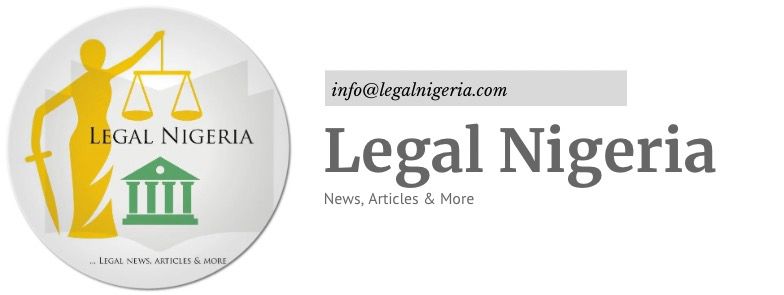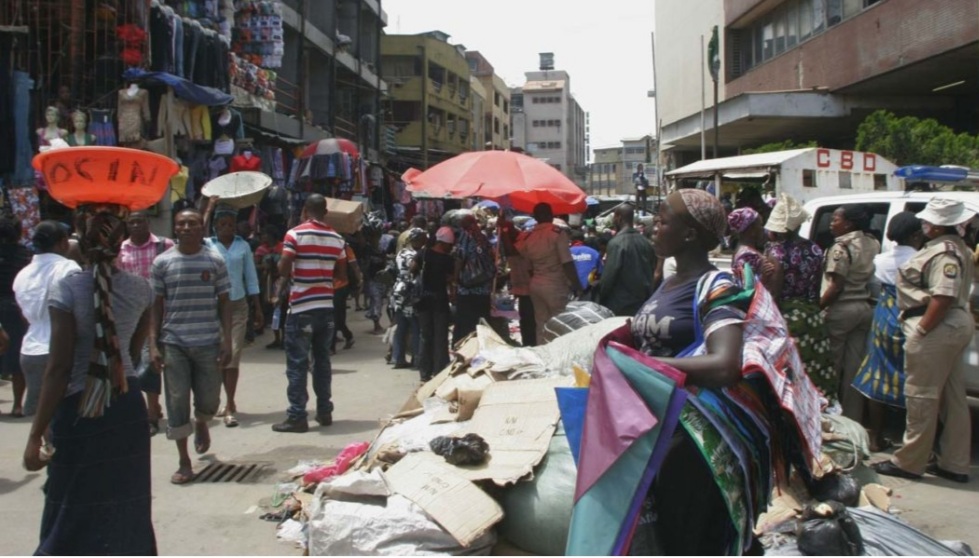
Insists FX reform is necessary route to achieving stability
‘Africa faces new shock, lack sufficient space for maneuvering’
The International Monetary Fund (IMF), yesterday, handed a mixed scorecard about Africa’s near-term economic outlook, saying there is limited or nonexistent fiscal space to maneuver the “new shock” triggered by the Ukraine war.
The position was contained in the April Regional Economic Outlook with the tagline ‘a new shock and little room to Maneuver’. The document took a broad look at sub-Saharan Africa’s (SSA) wide challenges and prospects and warned that “policymakers will need to navigate exceptional uncertainty with fewer policy options and little room for error” amid rising commodity prices with potential scars on the region.
On country-specific analysis, IMF observed that Nigeria’s outlook is subject to “high uncertainty associated with oil prices and financial conditions”. It warns of impacts on low vaccination rates, rising security risks and elevated price pressures, which it said would “weigh negatively on the medium-term growth outlook” adding that breaking the concentrated risk posed by oil would need to be broken to “raise growth potential sustainably and reduce volatility”.
“Growth outlook has improved through higher oil prices and a stronger-than-anticipated recovery of manufacturing and agriculture. Growth is expected to reach 3.4 percent in 2022, falling back to 2.9 per cent from 2024 onwards,” it maintained.
Again, the IMF report raised the age-long concern about foreign exchange (FX) reform, saying Nigeria and other countries with rigid exchange rate management models could benefit immensely if embark on bold market reform like South Africa did last year.
It acknowledged the necessity of concessionary exchange rates for countries with limited reserves but warned, with specific reference to Nigeria and Zimbabwe, that the resulting parallel market could weigh on growth while distorting investment, encouraging rent seeking and fulling uncertainty.
It added: “The decision to return to a more unified framework is often difficult, but experience suggests that the shift to a market-clearing official rate is not in itself likely to lead to a sharp increase in inflation, as prices in the real economy tend to reflect the less-favorable parallel exchange rate; and removing exchange-market distortions can give a substantial boost to development, by reducing uncertainty and strengthening competitiveness.”
Last week at the IMF/World Bank Group Springs Meetings, the global bodies called for the lifting of the FX restriction to selected 43 items and restated the need to liberalise the market. But the CBN Governor, Godwin Emefiele, said adopting a clean float FX management model if the face of the current supply shock was an invitation to disaster.
In the new report, the IMF drew a correlation between the success of eNaira and the efficient exchange system, claiming that harmonization of FX rate is important for achieving the plan by the Central Bank of Nigeria (CBN) to leverage the digital currency to boost the diaspora remittances.
“The CBN is planning to allow users without a bank account to open an eNaira wallet with only the national identification number to make it more accessible to the unbanked. Users without bank accounts will have lower transaction limits to minimise financial integrity risks.
“The CBN also plans to allow the Nigerian diaspora to send remittances through the eNaira platform. For this plan to be successful, it is important to strengthen confidence in the local currency and support a unified market-clearing exchange rate. The CBN plans to make it possible to pay taxes through the eNaira platform which could potentially improve revenue collection,” the body noted in the report.
While it acknowledged the need to adopt central bank digital currencies (CBDCs) to deepen financial inclusion and reduce the destructive impacts of cryptocurrencies, it warned that the technology presents its unique challenge.
To harness, it said, countries should invest in digital infrastructure, build expertise within central banks and confront cybersecurity risks, adding that “this is a complex and evolving area, where the balance between benefits and risks depends on country characteristics”.
For the year, the projection puts Nigeria’s debt to gross domestic product (GDP) at 37.4 per cent and that of SSA at 55.1 per cent. The country’s debt to GDP is expected to scale up to 38.8 per cent next year as against the regional average of 54.3 per cent.
IMF also sees the country’s external current account deficit rising to as much as 11.4 per cent to GDP this year. With debt ballooning, this suggests that the exchange rate vulnerability challenge is not easing out any time soon.
Guardian News









